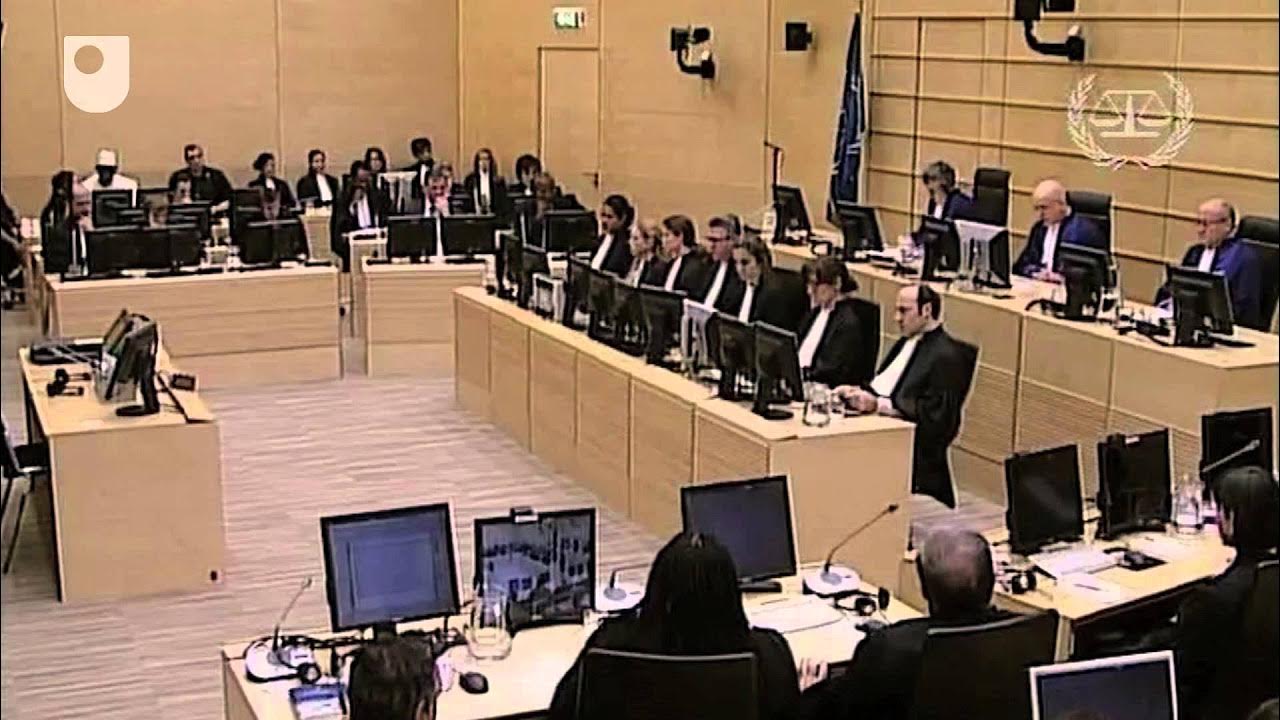How does impeachment work? - Alex Gendler
Summary
TLDRThe script explains the impeachment process, a mechanism for holding powerful officials accountable. Originating in the UK, it allows legislative bodies to remove officials without monarch consent. In the US, it's a congressional power applicable to all civil officers, including the president. The process involves the House initiating with a committee review, followed by a vote on Articles of Impeachment. If impeached, a Senate trial ensues, with a two-thirds majority needed for conviction and removal. Grounds for impeachment include 'high crimes and misdemeanors,' though interpretations vary. Historically, few presidents have faced impeachment, with none removed from office by this process.
Takeaways
- ⚖️ Impeachment is a process used to hold high-ranking officials accountable for crimes or misconduct.
- 🇬🇧 Impeachment originated in the UK as a way to remove government officials without the king's consent.
- 🌐 In the US, impeachment is a power granted to Congress to check presidential power.
- 🏢 The House of Representatives initiates impeachment by referring the matter to specific committees.
- 📝 Committees review accusations, examine evidence, and issue recommendations for impeachment.
- 🗳️ The House votes on Articles of Impeachment; if passed, the official is impeached and a trial is set.
- 🏛️ The Senate conducts the impeachment trial, with the impeached official and their lawyers presenting their defense.
- 👨⚖️ The Chief Justice of the Supreme Court presides over trials involving the president or vice president.
- 🔢 A two-thirds majority is required in the Senate for conviction, resulting in removal from office.
- 🚫 Impeachment can disqualify officials from future office and expose them to criminal prosecution.
- 🔍 The Constitution limits impeachable offenses to 'treason, bribery, or other high crimes and misdemeanors'.
Q & A
What is impeachment?
-Impeachment is a formal accusation that launches a trial which could end in conviction or acquittal. It is not the same as removing someone from office.
Where did the concept of impeachment originate?
-The concept of impeachment originated in the United Kingdom, allowing Parliament to vote for removing a government official from office.
Why couldn't the king be impeached in the UK?
-The king couldn't be impeached because the monarch was considered the source of all government power.
How does impeachment work in the United States?
-In the United States, impeachment is a power of Congress, applying to any civil officers, including the president.
Which body of Congress has the power to initiate impeachment?
-The House of Representatives has the power to initiate the impeachment process.
What happens after the House of Representatives initiates impeachment?
-The House refers the matter to a committee, which reviews the accusations, examines the evidence, and issues a recommendation.
What are Articles of Impeachment?
-Articles of Impeachment are specific charges voted on by the House of Representatives if there are sufficient grounds to proceed.
Where is the trial following impeachment held?
-The actual trial following impeachment is held in the Senate.
What is required for a conviction in an impeachment trial?
-A conviction requires a supermajority of two-thirds of the Senate's vote.
What are the grounds for impeachment according to the U.S. Constitution?
-An official can be impeached for treason, bribery, or other high crimes and misdemeanors.
How many times has the House launched impeachment investigations?
-The House has launched impeachment investigations about 60 times.
How many impeachment cases have resulted in conviction and removal from office?
-Eight cases have ended in conviction and removal from office, all of which were federal judges.
What happened to Richard Nixon in relation to impeachment?
-Richard Nixon was never actually impeached for the Watergate scandal; he resigned before it could happen.
Outlines

This section is available to paid users only. Please upgrade to access this part.
Upgrade NowMindmap

This section is available to paid users only. Please upgrade to access this part.
Upgrade NowKeywords

This section is available to paid users only. Please upgrade to access this part.
Upgrade NowHighlights

This section is available to paid users only. Please upgrade to access this part.
Upgrade NowTranscripts

This section is available to paid users only. Please upgrade to access this part.
Upgrade NowBrowse More Related Video

How does impeachment work in the Philippines?

LIVE: Senator Chiz Escudero holds press conference | June 16

GAPANGAN SA SC? DESISYON NG SUPREME COURT SA IMPEACHMENT NI INDAY KONEKTADO SA MlSSlNG SABUNGERO?

Pelanggaran Kode Etik oleh Pejabat Publik | Kelompok 6 | 2023G

Thomas Lubanga case study - Inside the International Criminal Court (4/5)

Fighting for Safe Water in Flint
5.0 / 5 (0 votes)